Ceramics are materials and products based on clays, pure oxides, oxygen-free compounds (carbides, nitrides) and other non-metallic inorganic compounds (titanates, aluminosilicates), which are obtained using ceramic technology methods.
Ceramic materials have high heat resistance, hardness, excellent corrosion resistance and low thermal conductivity, as well as increased wear resistance.
At temperatures above 1000°C, ceramics are stronger than any alloys, including superalloys, and their creep resistance and heat resistance are higher.
According to the structure, ceramics are divided into coarse, which has a coarse-grained structure that is not uniform at the fracture (porosity 5-30%), and fine – with a homogeneous fine-grained structure (porosity <5%).
Depending on the chemical composition, oxide, carbide, nitride, silicide and other types of ceramics are distinguished.
Ceramics are widely used in various fields:
- metalworking,
- instrument making,
- energy,
- electrical engineering,
- electronics,
- medicine,
- ecology.

